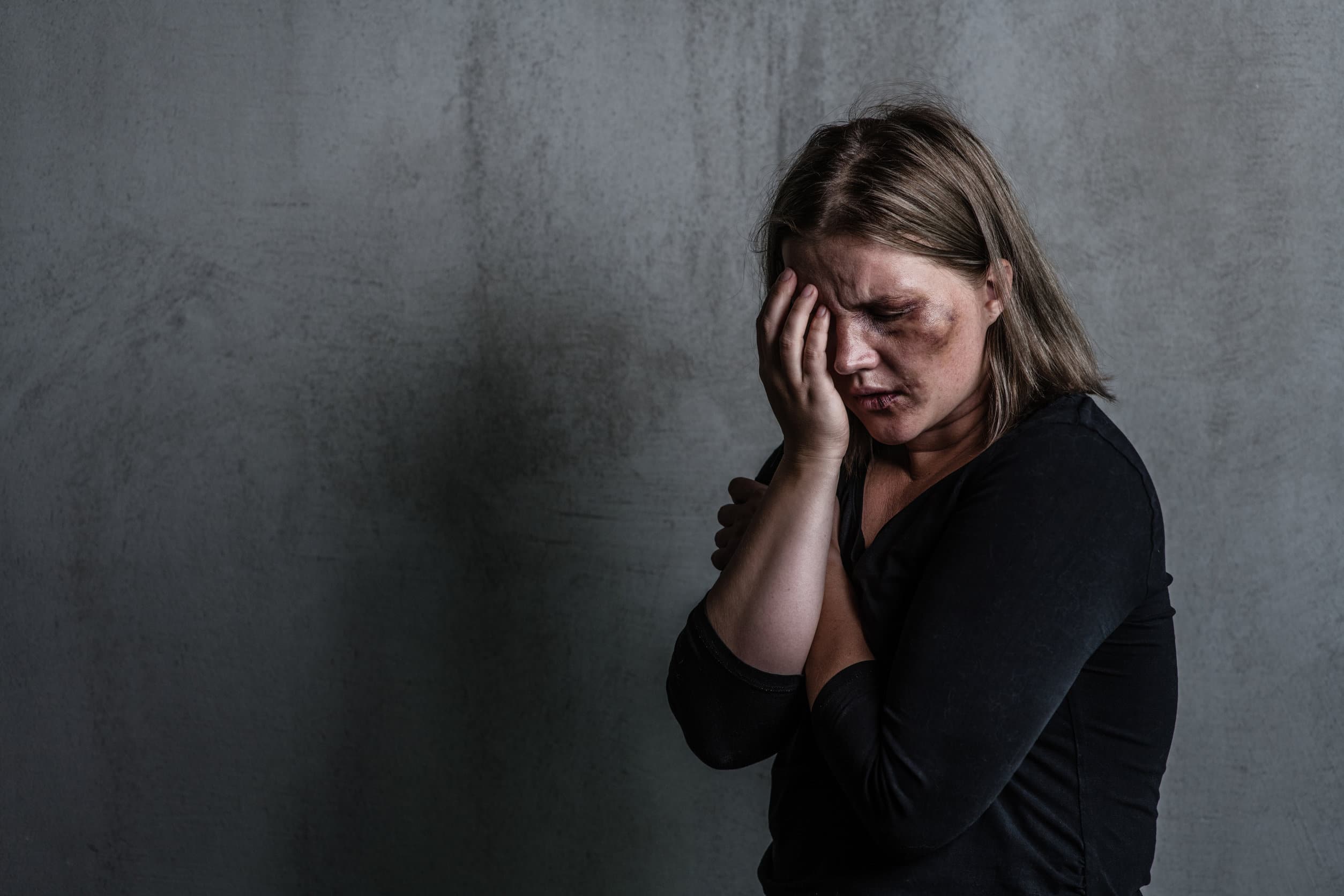Domestic violence in Colorado is a serious offense. If you are convicted, then it can have a lasting impact on your life. Not only will you have a criminal record, but the domestic violence addition to the underlying offense can make the penalties you face even worse.
How does the state of Colorado define domestic violence and what has to be proven in court in order to secure a conviction against someone accused of it? Read on to find out.
Domestic Violence in Colorado
What makes domestic violence different in the state of Colorado is who the underlying crime was perpetrated. The victim must be someone who is considered an intimate partner of the perpetrator. This usually means there is a connection between the people involved as former or current spouses, former or current couples, or people who have a child in common.
Without an intimate relationship, the crime cannot be domestic violence. So that is the first element that must be proven in court if the prosecution wants to convict someone of a crime with a domestic violence enhancement. If the relationship between the perpetrator and the victim does not fit into the categories above, then it’s not domestic violence.
The Act of Violence
It may surprise some people, but domestic violence does not have to involve physical violence at all. In fact, a crime can be considered an act of domestic violence without any physical violence. Simply the threat of violence against another person is enough for prosecutors to be able to go forward with a case.
If threats are made for the purpose of controlling or putting the victim in fear of their safety, then it can count as domestic violence. Likewise, actions meant to assert control, intimidate, or punish the victim can also be presented in court as domestic violence. Without an act of violence or a threat of it, then the prosecutor’s case may not stand.
The Penalties of Domestic Violence in Colorado
In Colorado, there are harsh penalties for crimes with domestic violence enhancements. On top of these laws, law enforcement officers are trained specifically to handle domestic violence and will usually make an arrest if they believe domestic violence occurred at the scene.

If you are arrested for domestic violence in Colorado, you face:
Being Held Without Bond
Because Colorado is a mandatory arrest state, police are legally obligated to take you into custody if they believe you perpetrated domestic violence. You cannot post bond for this arrest until you go in front of a judge, which could take several days.
Enhanced Sentencing
Many of the crimes that are considered “underlying crimes” have imprisonment listed in their penalties, whether it’s in prison or jail. If the prosecution successfully convinces the court that you perpetrated domestic violence, then your sentence of imprisonment can be made longer.
And if you have three or more previous domestic violence convictions on your record, then you can face conviction for a Class 5 felony, no matter the underlying crime.
If you do not get sent to prison or jail, then you may be ordered to complete probation. Also called “community supervision,” it requires you to follow strict rules including regular visits with a probation officer, random drug screenings, and permission to leave the city or state.
Treatment Programs
Completion of domestic violence treatment programs will also be required of you under Colorado law. Before you are sentenced but after you are convicted, you will go to a domestic violence treatment evaluation. This evaluation will produce recommendations that you then must follow. If you don’t follow them, then you can get into more trouble with the court.
Usually, 36 hours of domestic violence treatment are required at a minimum. You wil alsol be responsible for the cost of the treatment, which can take many months to complete.
Other Types of Treatment
If the court orders it, you may also have to complete anger management or substance abuse treatment. You must successfully complete any programs that are required, or you may have your probation revoked and be imprisoned for the remainder of your sentence.

Give Up Firearms
If you own firearms, then you may be asked by the court to give them up. Under Colorado law, anyone convicted of a domestic violence crime is prohibited from owning firearms. If you do have firearms, you will be required to relinquish them to law enforcement. If you fail to do so, then it is a separate Class 2 misdemeanor charge that can send you to jail for an additional six months.
About the Author:
Kimberly Diego is a criminal defense attorney in Denver practicing at The Law Office of Kimberly Diego. She obtained her undergraduate degree from Georgetown University and her law degree at the University of Colorado. She was named one of Super Lawyers’ “Rising Stars of 2012 & 2019” and a “Top 100 Trial Lawyers in Colorado” for 2012-2020 by The National Trial Lawyers. Both honors are limited to a small percentage of practicing attorneys in each state. Additionally, Expertise names her to its lists of the 25 Best Denver DUI Lawyers and 21 Best Denver Criminal Defense Lawyers, both in 2020. Ms. Diego has also been recognized for her work in domestic violence cases.





